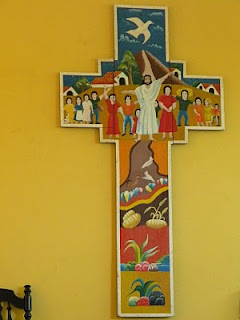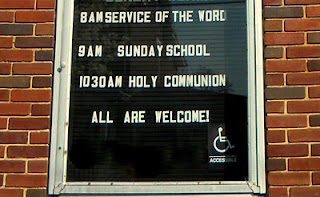a peace which can surpass understanding and need

Lately we've been touching on how the Trinity is involved in liberation, but we haven't spoken to it exactly. Here are some specific words from Gustavo Guti é rrez:
"The Gospel is, therefore, 'that divine secret kept in silence for long ages but now disclosed... made known to all nations, to bring them to faith and obedience.' (Rom. 16:25-26). This mystery is the love of the father ( sic ), who 'loved the world so much that he gave his only son' (John 3:16) in order to call all humans, in the Spirit, to communion with God. Human beings are called together, as a community and not as seperate individuals, to participate in the life of the Trinitarian community, to enter into the circuit of love that unites the persons of the Trinity. This is a love which builds up human society in our history."
(Obviously I would like to expand Guti érrez's vision to include human environment.) I think there is a lot to take in here. What is helpful? Wha


